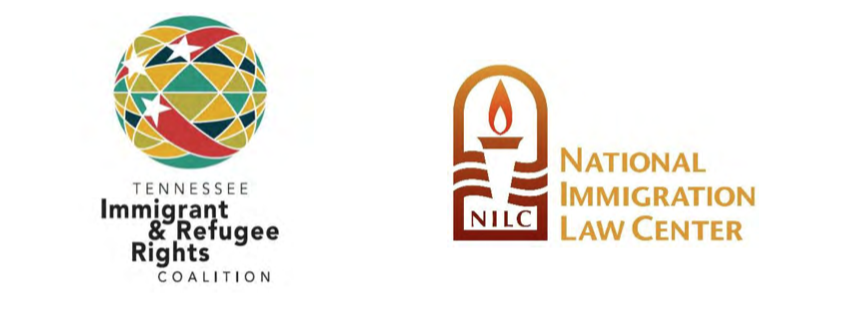On April 5th, 2018, Immigration and Customs Enforcement (ICE) conducted a massive worksite raid in Bean Station, Tennessee, outside of Morristown, arresting nearly 100 workers at a meat processing plant. This was the first large-scale worksite immigration raid conducted in the United States in nearly a decade.
The Tennessee Immigrant and Refugee Rights Coalition (TIRRC), in partnership with local and national organizations, organized a robust response to defend the workers, support the affected families, and help the local community to process what ICE had done and understand the raid in a broader context of immigration policy.
Since the East Tennessee raid, ICE has conducted mass worksite raids in Iowa, Ohio, Nebraska, Minnesota, Texas, Arkansas, North Carolina, and California, and the administration has continued to signal an increased use of this brutal tactic. In the aftermath of the East Tennessee raid, we developed a model for a robust, coordinated response to defend workers and transform the community in the wake of a massive raid and wanted to share our approach, resources, and tools with other organizations that may respond to worksite raids in their states.
While many toolkits are designed to help organizations prepare in advance for ICE actions in their community, this guide is meant to serve as an emergency toolkit that advocates can reference to respond the moment ICE conducts a worksite raid in their community.
The Tennessee Immigrant and Refugee Rights Coalition (TIRRC) would like to express our deepest gratitude to the many individuals and organizations who contributed to the raid response and to the research that has informed this guide.
We would like to thank the Advancement Project, FIRM/Community Change, the National Immigration Law Center, the Southern Poverty Law Center, and the United and Commercial Food Workers, for dedicating staff and other resources to the raids response efforts. We are so grateful for the many individuals and organizations who helped provide critical legal services and representation for workers, their families, and the broader community, including the Knoxville Bar Association, the Young Lawyers Division of the Tennessee Bar Association, the Tennessee Faith and Justice Alliance, Professors Spring Miller and Karla McKanders from the Vanderbilt University Law School, Professors William Gill and Brennan Wingerter from Lincoln Memorial University, Debbie Berkowitz and Charlotte Noss from the National Employment Law Project, Fran Ansley, Valeria Gomez, Sarah Hooks, Dr. Patsy Langan, and Hammad Sheikh. A special thank you to Shuya Ohno of the Advancement Project for his mentorship and support in developing our response in the immediate aftermath of the raid.
We are grateful for our funders who offered special support in the wake of such a devastating event, including the National Domestic Workers Alliance, the Hill-Snowdon Foundation, and the Unitarian Universalist Veatch Program at Shelter Rock. A special thank you to the Four Freedoms Fund for their emergency support that included funding for the production of this toolkit.
We would like to recognize the incredible work of HOLA Lakeway, especially K.C. Alvarado and Willie Santana, Father Steven Pawelk and the congregation of St. John Paul II Catholic Mission, and the dozens of local educators who supported their students. Our deepest gratitude goes to Veronica Silva-Cruz, Colleen Jacobs, Tim Healy, Father Brownell, Father Waraksa, and the staff and congregants of St. Patrick’s Catholic Church, for allowing their church to transform into the raid response headquarters and for their work over the course of many years to build a deeply loving and connected community that was ready to spring into action to defend the families when they needed their community most.
Finally, we are so grateful for the leadership and partnership of the directly impacted families and communities in the Morristown area whose resilience, love for their families and communities, faith, and trust was an inspiration and the foundation of the effective response efforts.

